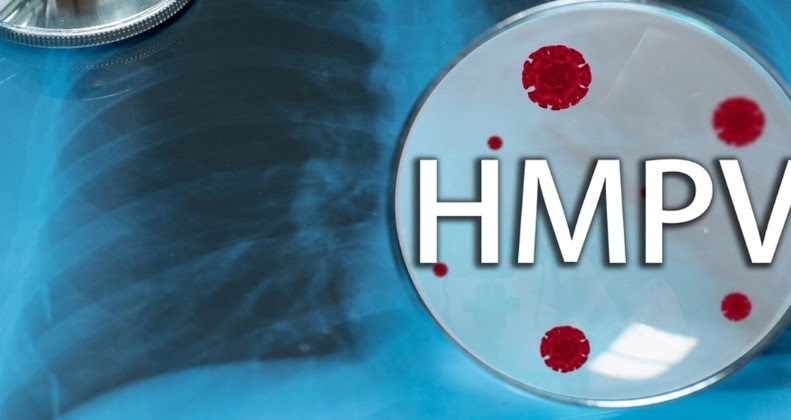/ Health
Views: 529
NEW VIRUS: FG TIGHTENS MONITORING FOR CHINA PASSENGERS

With the current surge of a respiratory virus, the Federal Government has said it would begin strict surveillance measures for inbound passengers from China.
Reports indicate that the virus has led to overcrowded hospitals, emergency measures and public concerns in China.
The virus, attributed to the Human Metapneumovirus, has seen cases spiking across northern Chinese provinces this winter, and this is obvious particularly among children.
Neighbouring countries such as Cambodia, Taiwan, and Hong Kong are closely monitoring the HMPV situation, having reported a few cases but no widespread outbreaks, according to reports.
According to Chinese authorities, there has been a noticeable increase in HMPV cases, especially among children under 14 years old in northern parts of the country. Social media posts, accompanied by videos of overcrowded hospitals, have heightened fears of a larger-scale health crisis.
Meanwhile, the Chinese government announced measures, including constant monitoring of cases, the adoption of masks, social distancing and disinfection of public spaces to reduce the spread of the virus.
This new virus outbreak is coming five years after the emergence of a novel coronavirus – COVID-19 – in Wuhan, China, which was declared a global pandemic by the World Health Organisation on March 11, 2020.
And COVID-19 has infected 777 million people globally and killed over seven million, according to WHO.
However, while both HMPV and COVID-19 are respiratory illnesses, there are important differences. HMPV typically causes milder symptoms such as a cold or flu, while COVID-19, caused by the SARS-CoV-2 virus, can lead to more severe health complications and long-term effects.
HMPV is also a seasonal virus, similar to other cold-causing pathogens like RSV, and infections usually peak during the winter months. HMPV, like COVID-19, spreads through respiratory droplets when an infected person coughs or sneezes and it can also spread via contaminated surfaces.
However, officials from the National Health Commission stated that while respiratory diseases are expected to rise during the winter months, the overall situation this year is less severe than last year.
The US Centers for Disease Control and Prevention said HMPV could cause upper and lower respiratory diseases in people of all ages, especially among young children, older adults and people with weakened immune systems.
The U.S CDC noted that HMPV is most likely spread from an infected person to others through secretions from coughing and sneezing, close personal contact and touching objects or surfaces that have the viruses on them, then touching the mouth, nose, or eyes.
“Symptoms commonly associated with HMPV include cough, fever, nasal congestion and shortness of breath. Clinical symptoms of HMPV infection may progress to bronchitis or pneumonia and are similar to other viruses that cause upper and lower respiratory infections. The estimated incubation period is three to six days, and the median duration of illness can vary, depending upon severity but is similar to other respiratory infections caused by viruses,” the US CDC stated.
Meanwhile, Nigeria's health authorities are implementing emergency measures to monitor and manage the spread of the HMPV.
The Director, Special Duties, Office of the Director-General of the Nigeria Centre for Disease Control and Prevention, Dr John Oladejo, said that the Federal Government would implement preventive measures by activating surveillance measures to curb the spread of the virus
“The FG will activate surveillance measures, like quarantine, for passengers coming in from China,” Dr Oladejo said.
Recall that in November 2024, WHO noted that it was closely monitoring the situation and was in close contact with national authorities in China, adding that it would continue to provide necessary updates.